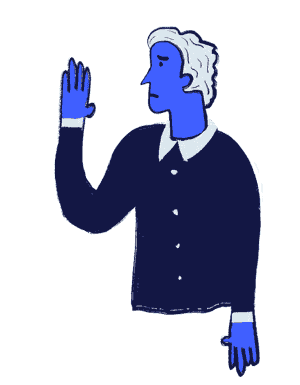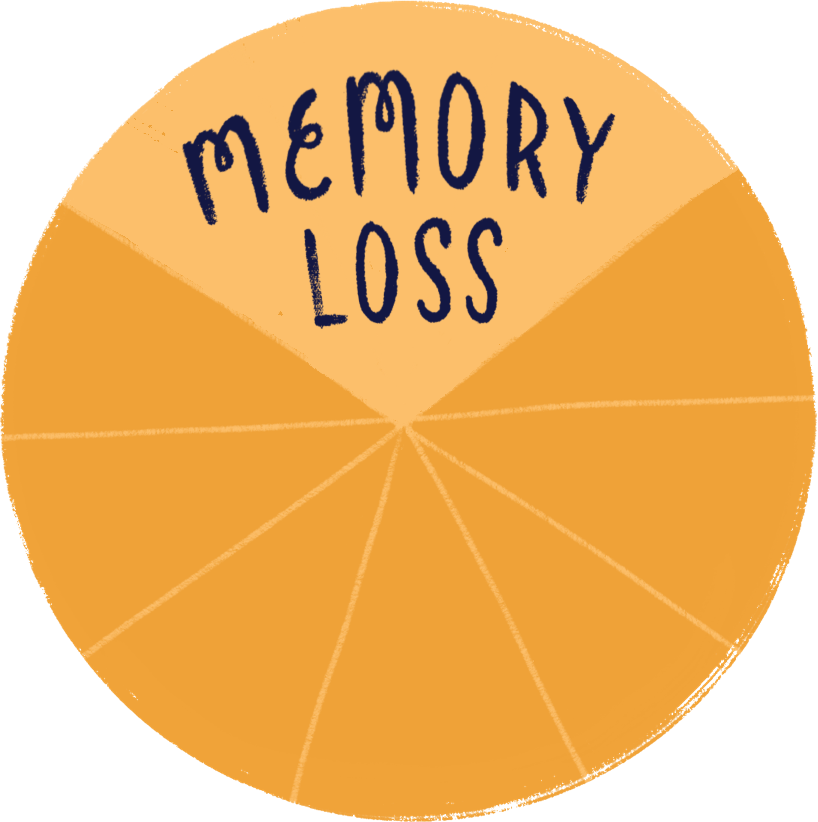Robert’s Alzheimer’s Journey
Alzheimer’s is a progressive brain disease. This means it gets worse over time as the brain is more deeply impacted, causing symptoms to worsen.
Life with Alzheimer’s does not always start at diagnosis. For many people, the first sign of the disease comes years before. Difficulty concentrating. Confusion. Memory loss. Trouble finding the right words. They are some of the first symptoms to appear.
No two people experience the same symptoms at the same time or to the same degree. Despite this, there are some similarities found among those living with the disease.

Meet Robert
Robert saw multiple doctors before he received his Alzheimer’s diagnosis. He was officially diagnosed at age 69 after experiencing his first symptoms two years earlier. He is currently dealing with the physical, emotional, and mental challenges of the disease that affect his life every day. Below you can learn more about how Alzheimer’s is impacting Robert.


Progression of Alzheimer’s Disease
While Robert had some cognitive tests performed by his doctor, his neurologist has not yet conducted a full neurological exam. Coping with his diagnosis has been scary and tough, especially since he is already experiencing memory loss and other symptoms. Robert worries that they will worsen. He has always been an independent person – will he be able to continue to be?
Managing Symptoms
In addition to memory loss, Robert feels drained and a little bit anxious. Because his symptoms are worsening, he needs more help than usual. Rides to the doctor. Taking notes during appointments. Managing his checkbook. Help with the house. He worries about being a burden on his wife, Sarah.
Even though his family supports him, he often feels like they do not really understand what he is going through. They even started treating him differently after his diagnosis.
Click on the icons to discover helpful articles for managing symptoms.

Coming to Terms with the New Robert
As the disease progresses, Robert has some good days and not-so-good days. At times, he is flooded with emotions. Sadness. Anger. Disbelief. Fear of what the future holds. Even relief – at least he now knows what is causing his symptoms. He misses the old Robert. His life looks completely different than before the diagnosis. He is coping the best he can, and he hopes to maintain his independence for as long as possible.







